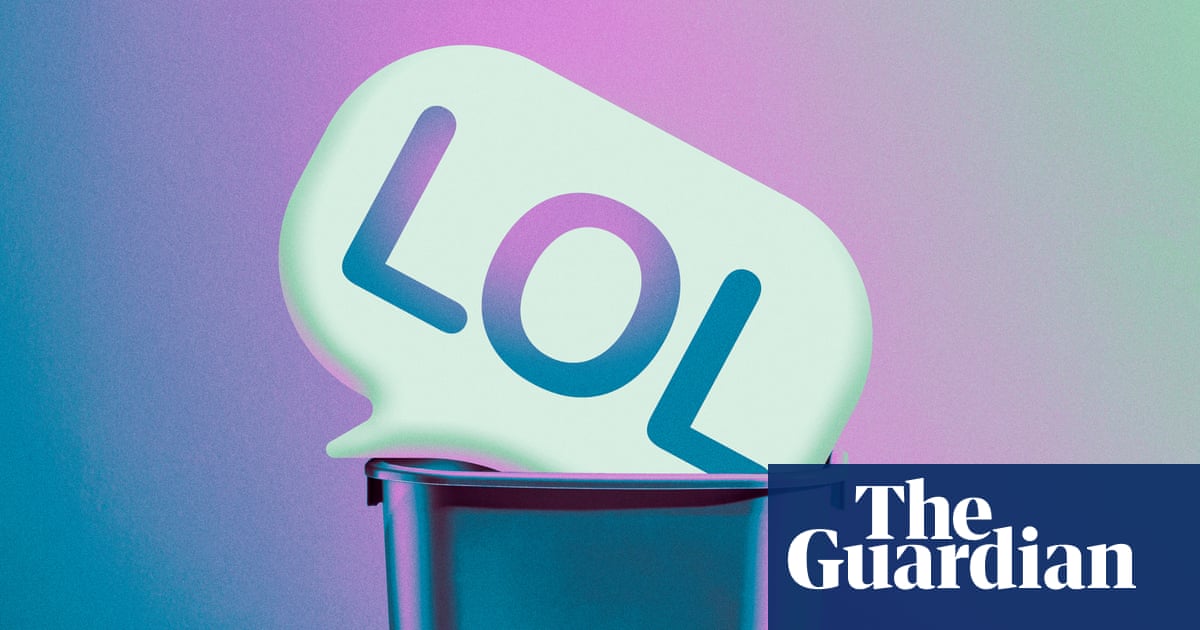
"Action was required. I decided to stop saying LOL for a week; I had been thinking about quitting anyway. I'm not an early adopter; I wasn't LOLing in internet relay chat (IRC) channels in 1999 or anything. But honestly, I don't remember a time when I didn't LOL. Perhaps I leaned harder on it when I started working in digital media, so I could message my colleagues in an aggressively friendly way that ensured nobody would misconstrue my personality for boring or stern."
"When I floated the idea of quitting, colleagues indicated it was basically part of my personality. I never used LOL before talking to you all day long, said my editor. It'll be a tough week in Slack I'll be convinced I'm flopping, said a reporter. To be clear, there's no judgment here. LOL is useful! Sometimes, you really are LOL. Or maybe you're injecting levity when reminding someone to take out the trash."
A millennial recognized excessive insertion of 'LOL' across personal texts and work chats, using it as punctuation, levity, and personality marker. The usage served to soften messages and signal friendliness, especially in digital media and colleague interactions. A deliberate experiment was launched to stop saying 'LOL' for a week to test whether the tic masked insecurity or replaced clear expression. Colleagues noticed and predicted difficulty, underscoring how habitual 'LOL' had become a social cue. The habit proved sloppy and irritating to the user, prompting reflection on emotional reliance and the desire to communicate honestly without the nervous addition.
Read at www.theguardian.com
Unable to calculate read time
Collection
[
|
...
]